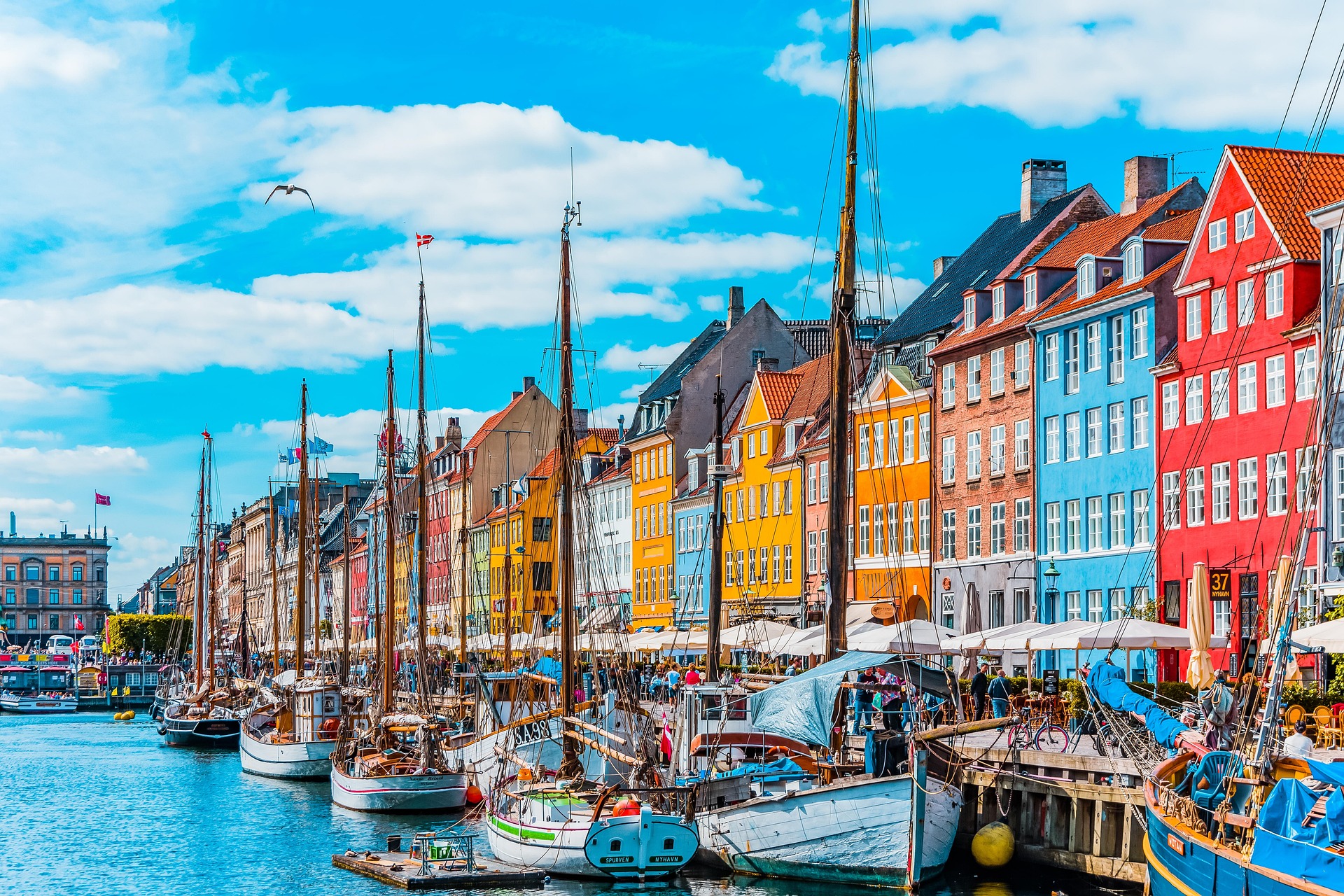There’s nothing worse than exploring a new city only to find yourself sidestepping trash, sticky spills, and overflowing bins. But if you’re looking for the ultimate clean getaway, one city rises above the rest.
A new study by Eagle Dumpster Rental ranked the world’s cleanest tourist cities based on waste management practices, citizen perception of cleanliness, and waste generation per capita. Using data from Numbeo, Atlas D-Waste, and city-specific sources, each destination was given a “Street Cleanliness Score.”
Topping the list? Singapore. The Southeast Asian city-state scored big thanks to its low levels of public dissatisfaction with waste disposal and impressively low annual waste generation, just 709 pounds per person. That’s far less than many major global cities.
Singapore’s reputation for cleanliness is well-earned. The city is known for its pristine public parks, polished streets, and strict anti-littering laws. You won’t even spot chewing gum stuck to the pavement, because you can’t legally buy it. Since 1992, the sale of chewing gum has been banned, and anyone caught chewing it in public can face a fine of at least $500.
Other cities where cleanliness is a priority

Coming in just behind Singapore is Copenhagen, Denmark, a city known not just for its charm and design, but also for its deep commitment to sustainability. With solar-powered boats, eco-conscious hotels, and a strong emphasis on organic food, Copenhagen has earned its reputation as the world’s greenest city. It’s also a testament to environmental transformation. Just 30 years ago, the city’s harbor was heavily polluted with industrial waste and sewage. Today, after decades of cleanup, it’s one of the only capital city harbors in Europe where you can safely swim.
In third place is Prague, Czech Republic, which earned its high ranking thanks to low waste generation (only 676 pounds of trash per person per year) and strong self-reported satisfaction with cleanliness. The city’s efforts to promote green public spaces, sustainable infrastructure, and a litter-free environment make it both beautiful and livable for tourists and locals.
At the other end of the list, Rome was named the dirtiest city in the study, citing poor waste management and widespread dissatisfaction with public cleanliness.




